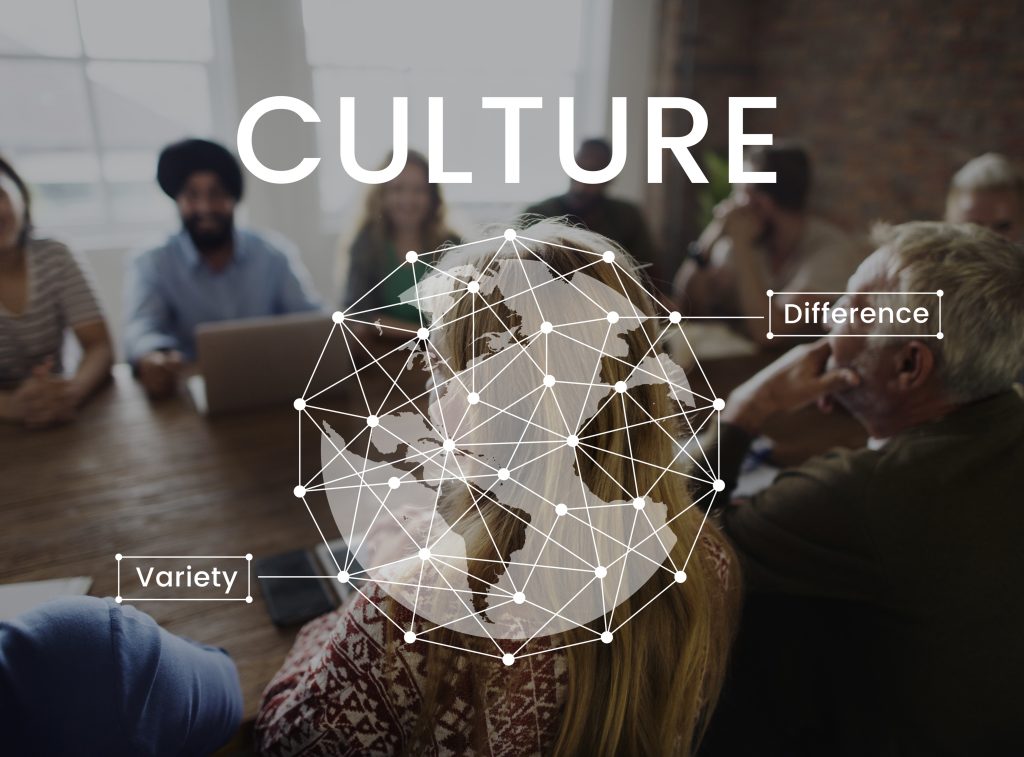Search engines may appear neutral, but the cultural politics of search engine algorithms are deeply embedded in how information is ranked, accessed, and valued. For educators, students, and communities alike, these algorithms silently influence what we believe is true, relevant, or authoritative.
In education and society, this invisible gatekeeping impacts everything—from curriculum design and research visibility to political literacy and public discourse. Understanding these dynamics isn’t just a tech issue—it’s a cultural necessity.

How the Cultural Politics of Search Engine Algorithms Impact Society
The cultural politics of search engine algorithms affect everything from media exposure to educational policy. When certain narratives are prioritized over others, social biases are reinforced, and alternative viewpoints can be excluded entirely.
Algorithmic Bias and Cultural Representation
Google’s search engine consistently favors dominant language and culture sources—primarily U.S.-based, English-language content (Gillespie 2021). This marginalizes indigenous knowledge, non-Western perspectives, and minority communities.
The Role of Cultural Politics in Educational Search Engine Algorithms
In education, these dynamics matter deeply. When students search for history, climate change, or social movements, the results they see first shape their understanding.
Search Engine Results as Curriculum Influencers
- Textbooks are no longer the only educational authority.
- Search engines now determine which articles, definitions, and datasets appear first.
- This curation, shaped by algorithmic design, influences how educational topics are framed.
Strategies to Address
Addressing the cultural politics of search engine algorithms means adopting critical digital literacy in education and demanding transparency from tech platforms.
What Educators Can Do
- Teach students to compare search engine results from different platforms.
- Discuss algorithmic design and its influence on representation.
- Encourage deeper research beyond top-ranking links.
What Policymakers Should Consider
- Mandate public audits of educational algorithm systems.
- Encourage diversity in training data and ranking criteria.
- Support open-source alternatives that promote equity in access.
Case Study: Indigenous Knowledge and Search Engine Algorithms Invisibility
The Mozilla Foundation’s 2023 study revealed that Indigenous knowledge was nearly invisible on mainstream search engines. Despite rich documentation from tribes and scholars, most content never appeared in the first two pages of search results (Mozilla Foundation 2023).
This is a direct outcome of how the cultural politics of search engine algorithms undervalue non-commercial and culturally specific sources.
The Future of Cultural Politics in Algorithm Design
With the rise of AI-driven search and personalized learning platforms, the influence of algorithms on education and society is expanding. Addressing their cultural politics will be crucial in shaping equitable access to information in the years ahead.
Conclusion:
The cultural politics of search engine algorithms are not a fringe issue—they are central to how societies produce, distribute, and legitimize knowledge. In classrooms and communities alike, it’s time to ask: Who is visible? Who is missing? And who decides?
References
- Gillespie, T. (2021) Custodians of the Internet. Oxford Internet Institute. Archive.org copy (Accessed: 5 June 2025).
- Mozilla Foundation (2023) The Hidden Bias in Search. (Accessed: 5 June 2025).
- Pew Research Center (2022) Search Engine Trust and Information Bias. (Accessed: 5 June 2025).









